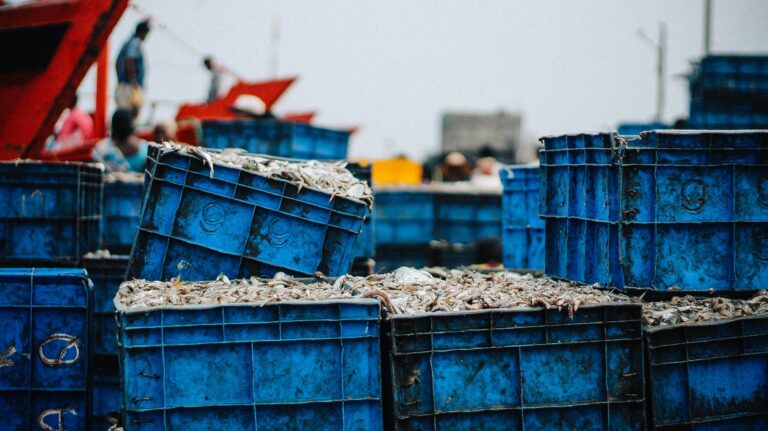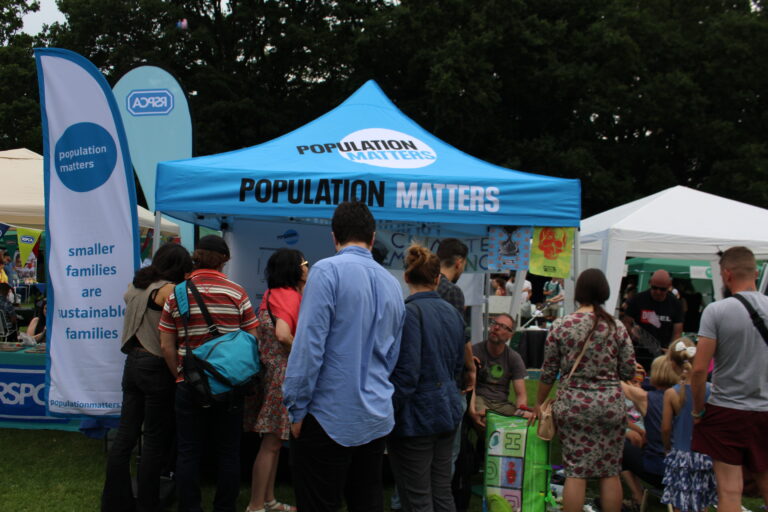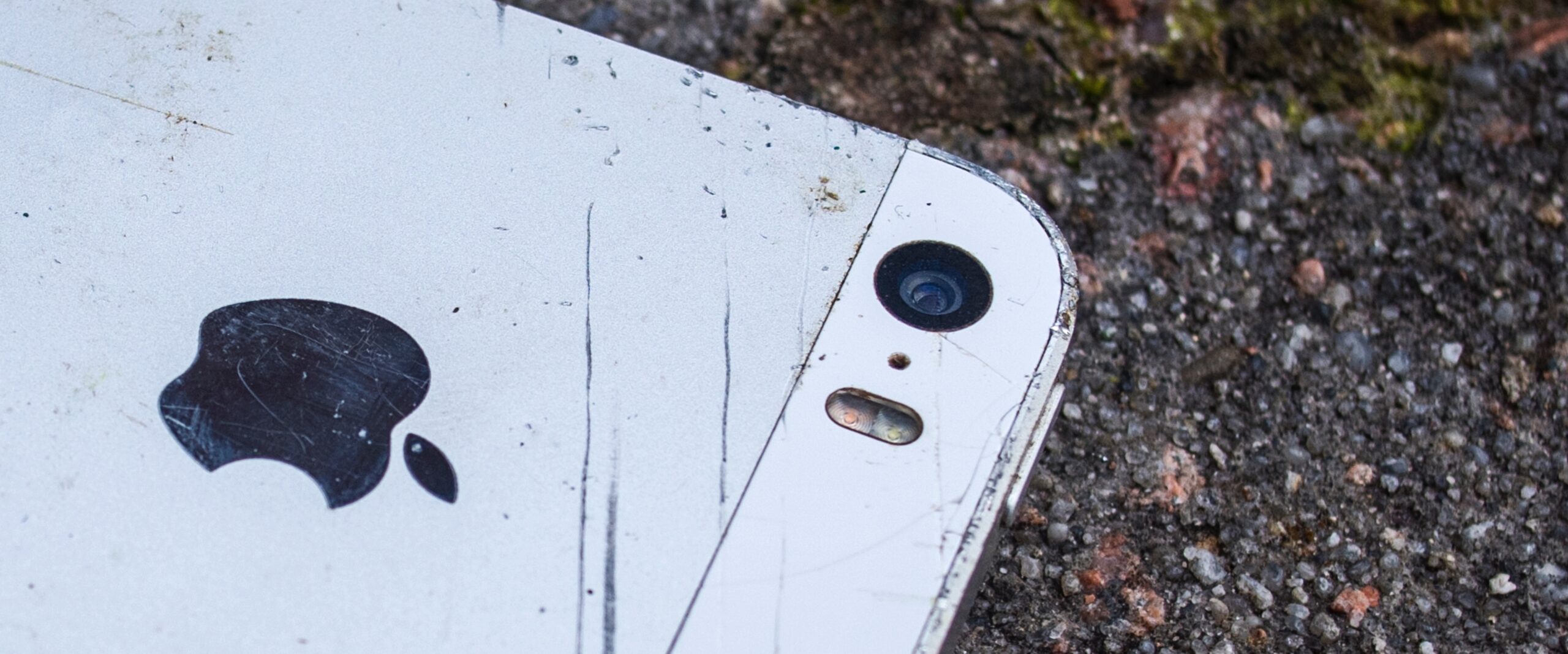
Tackle our consumption
Our We Don’t Buy It campaign exists because at the root of our environmental crisis is the simple reality that we are asking more of our planet than it can provide, and producing more waste and emissions than it can handle. If we’re to fix this crisis and ensure a decent future for ourselves and the natural world, that has to change.
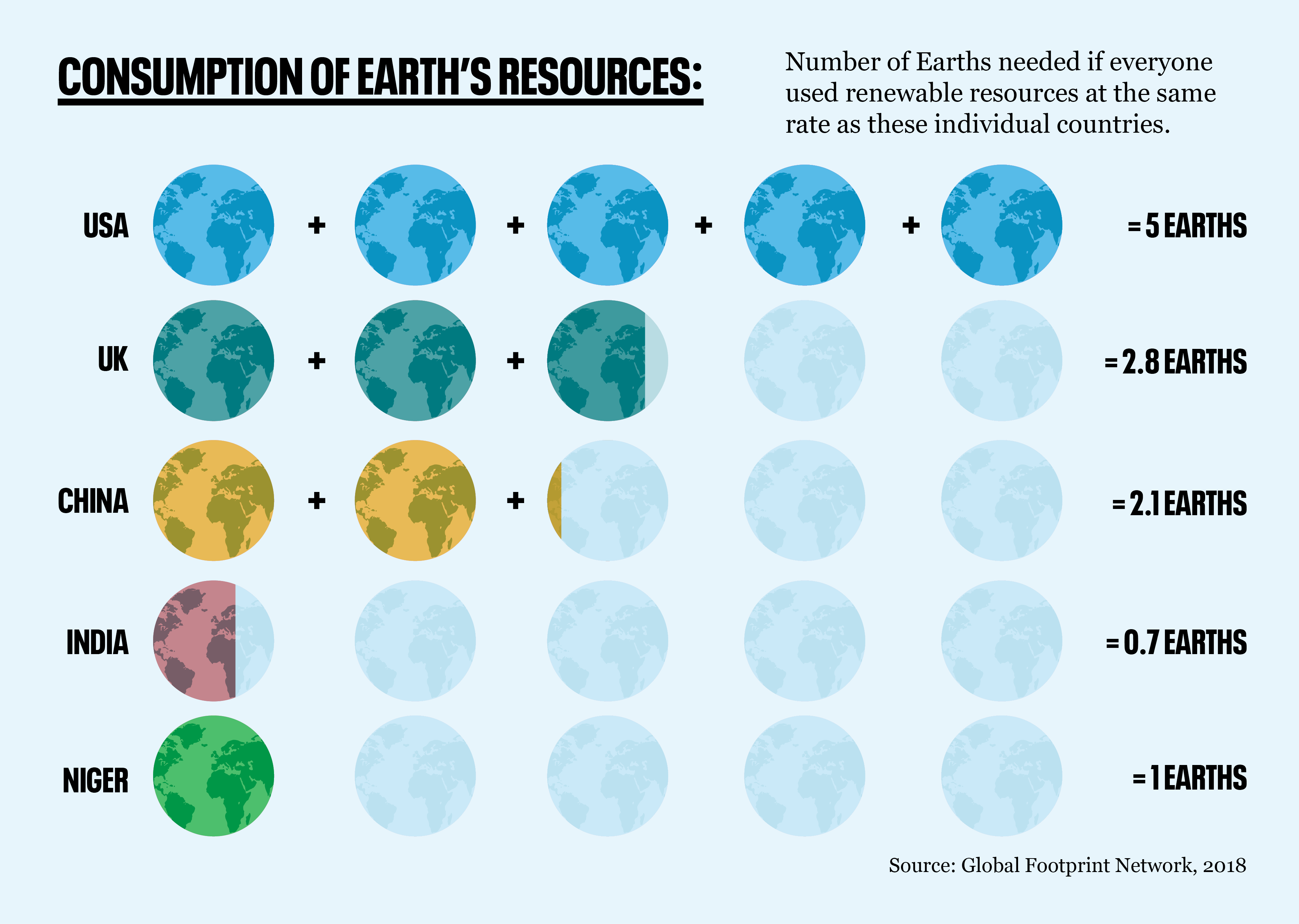
Our sheer numbers are a critical driver of those unsustainable demands, but so too is how, what, and how much we consume. Our We Don’t Buy It campaign addresses the root causes of unsustainable consumption:
- We’re challenging the conventional wisdom that more stuff, more consumer activity and more economic growth are good for us.
- We’re encouraging those of us who already have enough to consume in ways that give our planet a chance.
- We’re confronting the social, economic and marketing pressures that encourage us all to buy more than the planet can afford.
Those of us who are rich by global standards must recognise our responsibility to change, and to press for change. It is overwhelmingly our choices which drive the environmental crisis faced by everyone.
Billions of people still live in relative or absolute poverty. As they claim their right to lives of security and comfort, their own impact on the world will also increase: that means we must work with them to ensure truly sustainable development. We must also recognise that those of us who already take too much must learn to take less.
At their core, the problems we face today are no different from those our ancestors faced: how to find a balance between what humanity takes from Nature and what we leave behind for our descendants. While our ancestors were incapable of affecting the Earth system as a whole, we are doing just that.
Economist and Population Matters patron, Sir Partha Dasgupta
Our destructive levels of consumption are driven by many factors and have many solutions. Follow the links below to learn more about the issues, and what you can do.
What Can I Do?
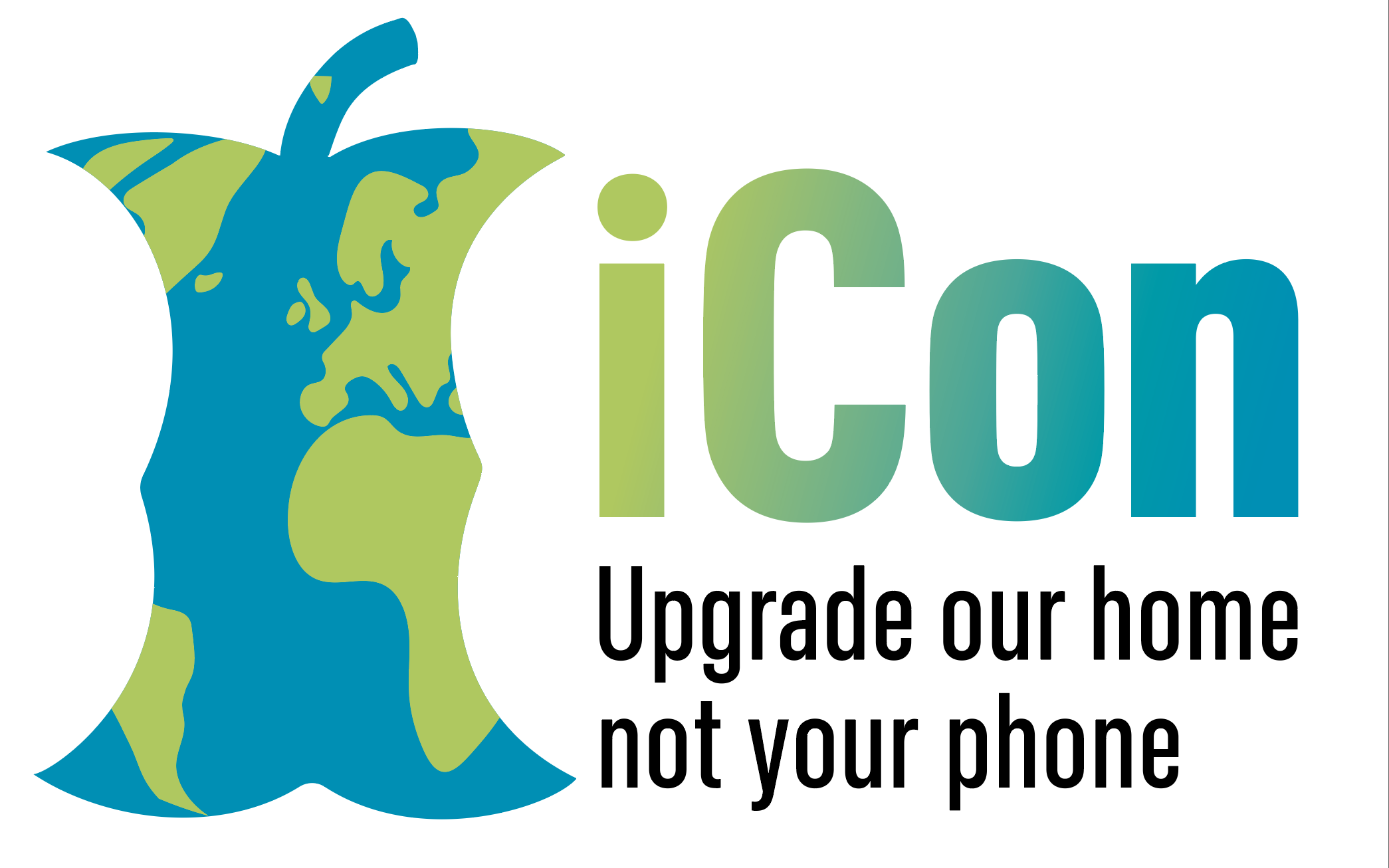
The first focus of our We Don’t Buy It campaign is the “iCon”: the idea that we need to buy new things to replace those which are already doing everything we need. Learn more about the campaign and what you can do, and email Tim Cook, the CEO of Apple to urge them to stop the endless cycle of “upgrades”.
Test Your Consumption Knowledge
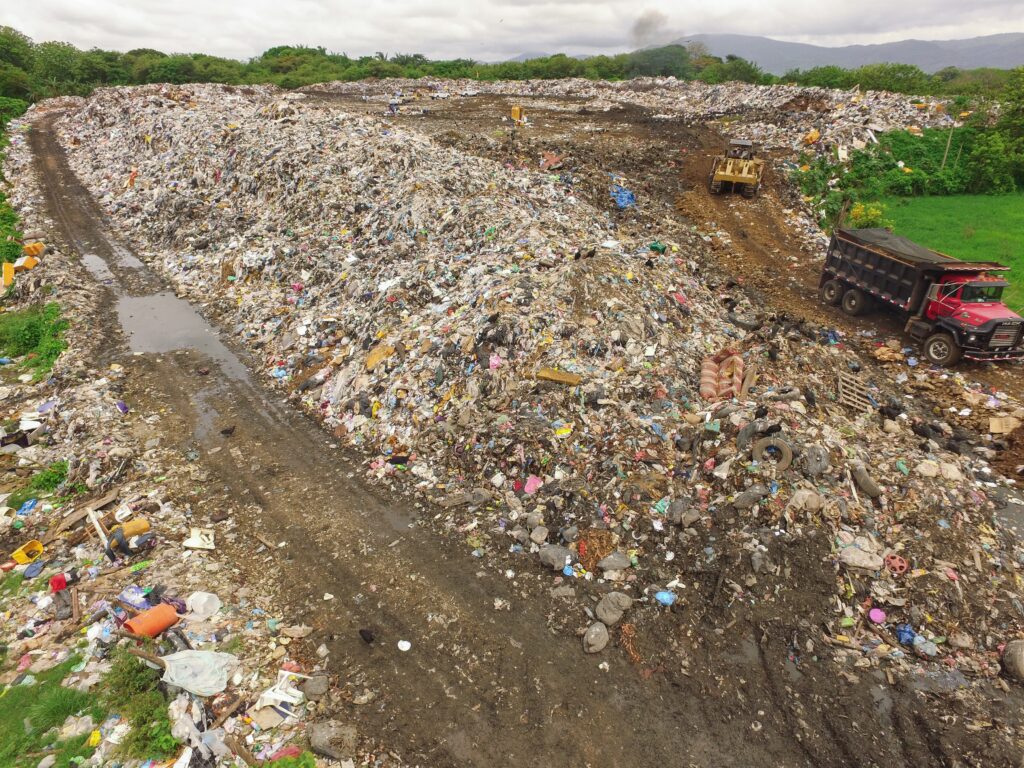
How much do you know about consumption? Take our quiz and find out!

